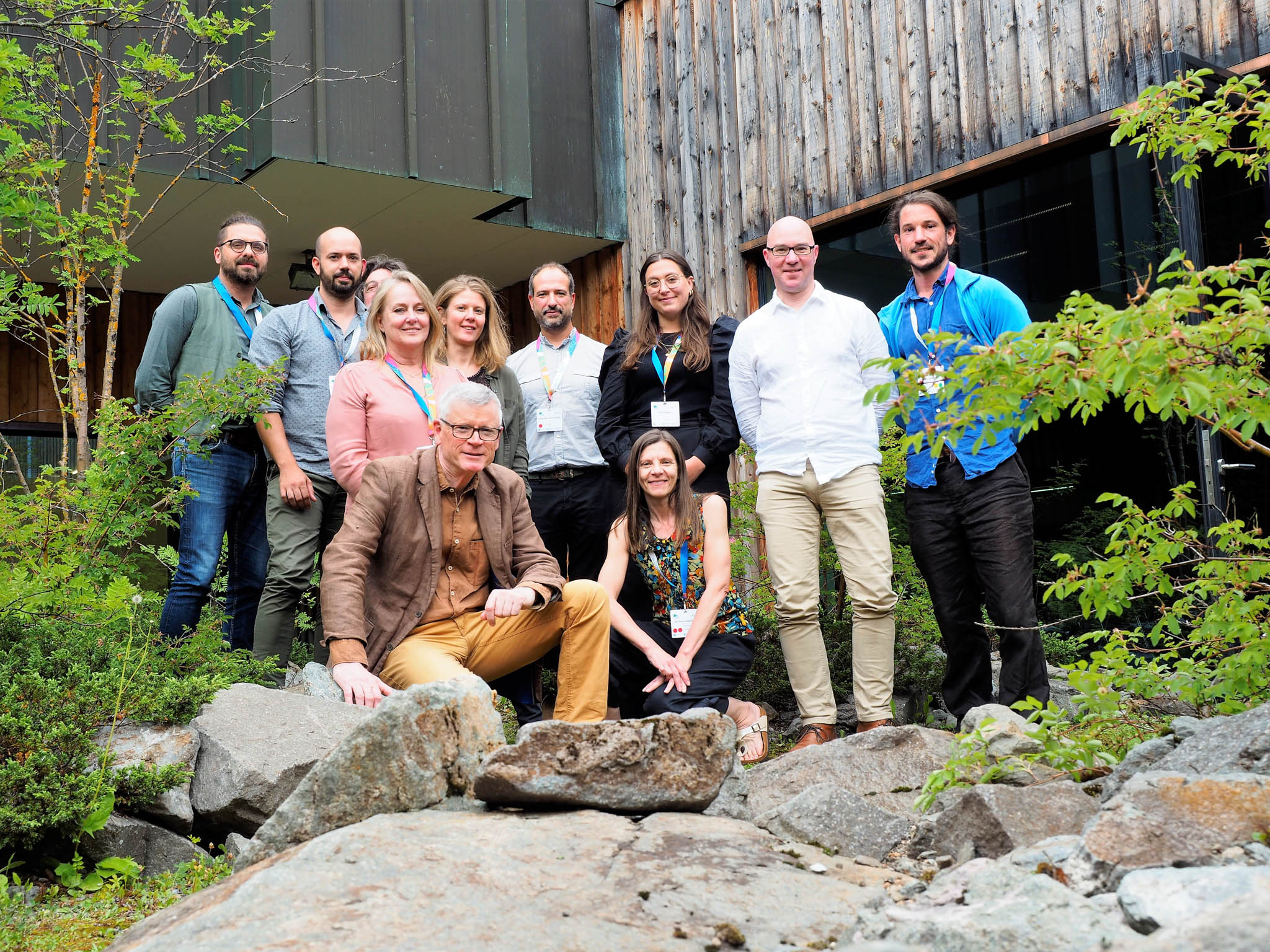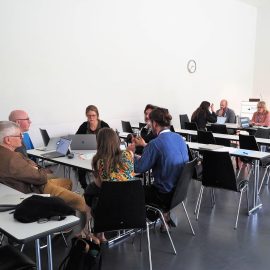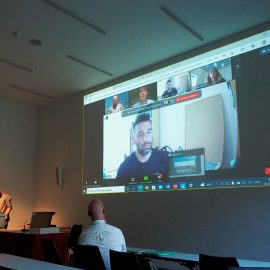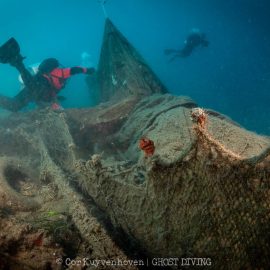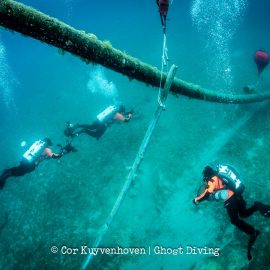Our team proudly participated in a transdisciplinary workshop organised by the University of Zurich, where different experts and stakeholders shared knowledge and worked together to envision a sustainable pathways scenario for the Greek island of Ithaca. This mythical island that has been a synonym for humanity’s journey for centuries.
Ithaca has experienced several extreme events in the last few years, and is expected to see more in the future, while human development threatens aquatic and terrestrial biodiversity. Marine wildlife in the waters surrounding the island is threatened by increasing and largely uncontrolled boat tourism, fishing, climate change, and the lingering threat of a fish farm investment and a large-scale tourism project.
Due to our efforts in the last 2 years to protect the island’s marine environment from ghost fishing gear abandoned there by aquacultures after they ceased operations, we were asked to be part of the workshop to share insights about our environmental work on the island as well as the findings of scientific research we performed on the effects of ghost gear to Posidonia oceanica.
Special focus was put on the role of Posidonia seagrass, because it can be found all around Ithaca and it is an indicator species for biodiversity and marine health. In the spirit of the World Biodiversity Forum 2022, the organisers hope to spark action, and use science to support the local communities of Ithaca in pursuing a sustainable future for their island. After all, how can humanity find its way to a sustainable future if Ithaca cannot?
We would like to thank Marcel Kersten, Erik Wurz and George Lilas.



